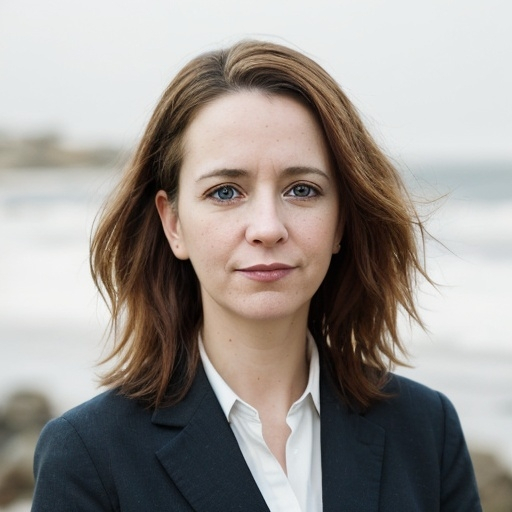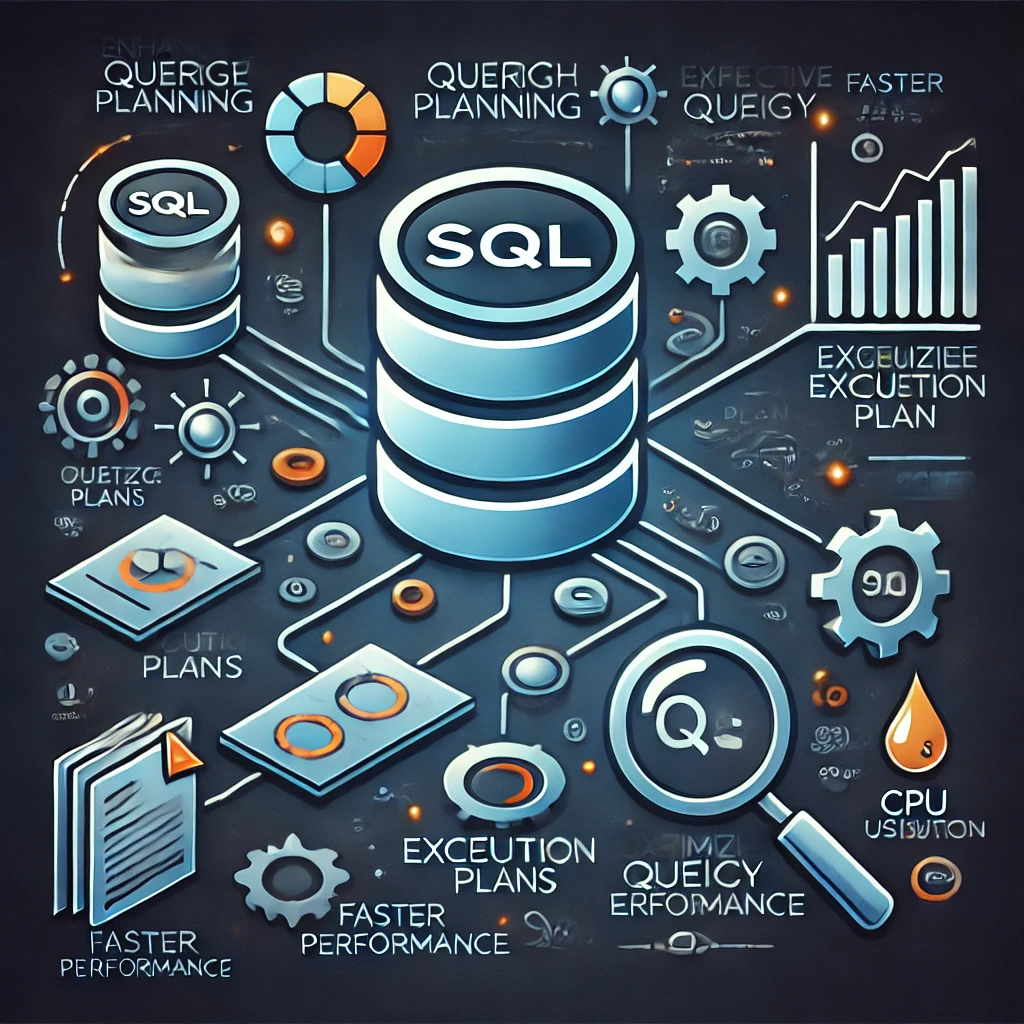PHP App Deployment Simplified: Docker for Easy Scalability
 Samantha Reynolds in containers119 days ago
Samantha Reynolds in containers119 days ago
Deployment can be a major headache for PHP developers. Manually setting up dependencies, configuring environments, and ensuring consistency across different machines is a time-consuming and error-prone process. But there's a solution that can streamline your deployment and make scaling your PHP application a breeze: Docker.
Docker provides a lightweight, portable, and isolated environment for your applications, ensuring they run consistently regardless of the underlying infrastructure. Let's dive into how you can leverage Docker to simplify your PHP app deployment and unlock a world of scalability.
Building Your Docker Image
The first step is to create a Docker image for your PHP application. This image will contain everything your application needs to run, including the PHP runtime, necessary extensions, and your application code.
Here's a basic example of a Dockerfile for a simple PHP application:
# Install dependencies
RUN apt-get update && apt-get install -y libpng-dev libjpeg-dev libwebp-dev
libxpm-dev libffi-dev
# Install Composer
RUN curl -sS https://getcomposer.org/installer | php -- --install-dir=/usr/local/bin --filename=composer
# Copy your application code
COPY . /var/www/html
# Set working directory
WORKDIR /var/www/html
# Expose port 80 for Apache
EXPOSE 80 ```
This `Dockerfile` starts with a base PHP image, installs necessary
dependencies (in this case, image processing libraries), and installs
Composer, a popular PHP package manager. Then, it copies your application code
into the image and defines the working directory. Finally, it exposes port 80,
allowing access to your application's web server.
**Running Your Application in a Container**
Once you have your Docker image built, you can run it as a container. This
essentially launches a virtual machine running your application with all its
dependencies isolated from your host machine.
To run your application, use the following command:
`bash docker run -d -p 8080:80 my-php-app`
This command runs the `my-php-app` image in detached mode (`-d`), mapping port
8080 on your host machine to port 80 inside the container (`-p 8080:80`). This
allows you to access your application at `http://localhost:8080` in your
browser.
**Scaling with Docker Compose**
For larger, more complex applications, Docker Compose comes into play. It
allows you to define multiple services within a single configuration file
(`docker-compose.yml`). For example, you might have separate services for your
PHP application, a database, and a caching server.
Here's a basic `docker-compose.yml` example:
```yaml version: '3.7'
services: app: build: . ports: \- '8080:80' db: image: mysql:latest
environment: MYSQL_ROOT_PASSWORD: 'mypassword' MYSQL_DATABASE: 'mydatabase'
This file defines two services: app and db. The app service uses the
previously built Docker image, while the db service uses a MySQL image. By
running docker-compose up -d, you can start both services simultaneously,
ensuring they are properly connected.
Benefits of Using Docker for Deployment
- Consistency: Docker guarantees your application runs the same way across different environments, eliminating "works on my machine" issues.
- Isolation: Docker containers isolate your application from the host machine, preventing conflicts and ensuring a clean environment.
- Scalability: Docker makes it easy to spin up multiple instances of your application to handle increased traffic, achieving horizontal scaling.
- Simplified Deployment: Docker automates the deployment process, minimizing manual configuration and reducing the risk of errors.
Conclusion
Docker significantly simplifies PHP application deployment and scaling. By leveraging Docker, you can eliminate the complexities of manual configuration, ensure consistency across environments, and easily scale your application to meet increasing demand. This allows you to focus on building great software, leaving the infrastructure worries to Docker.



